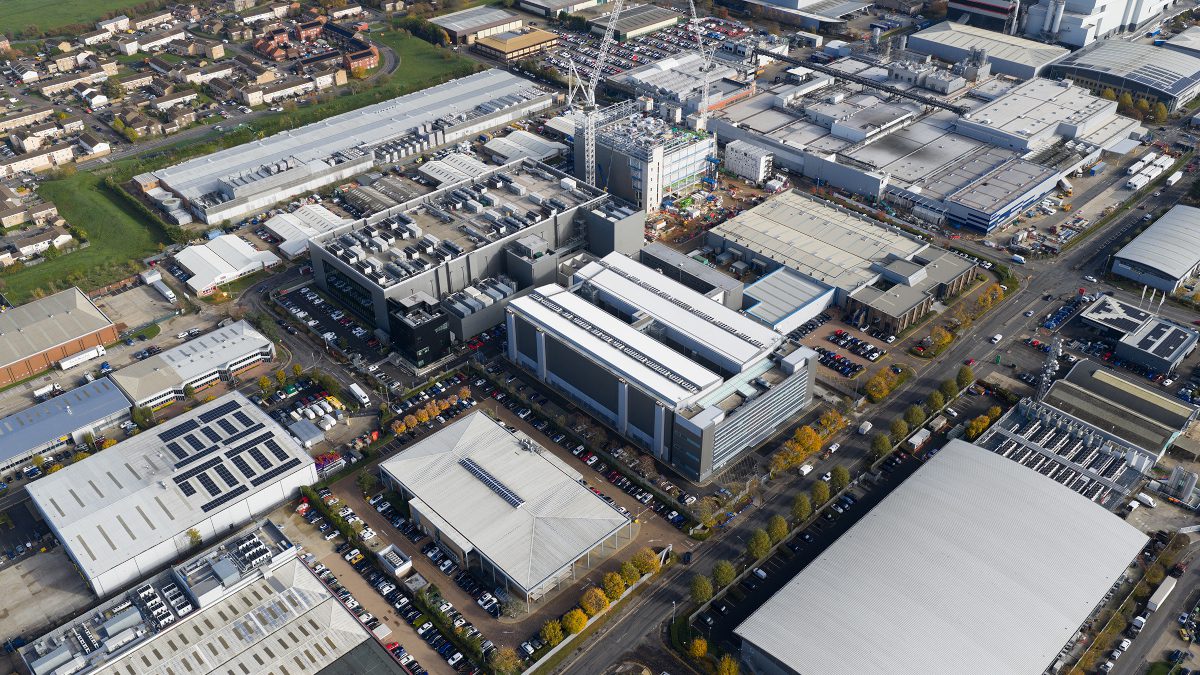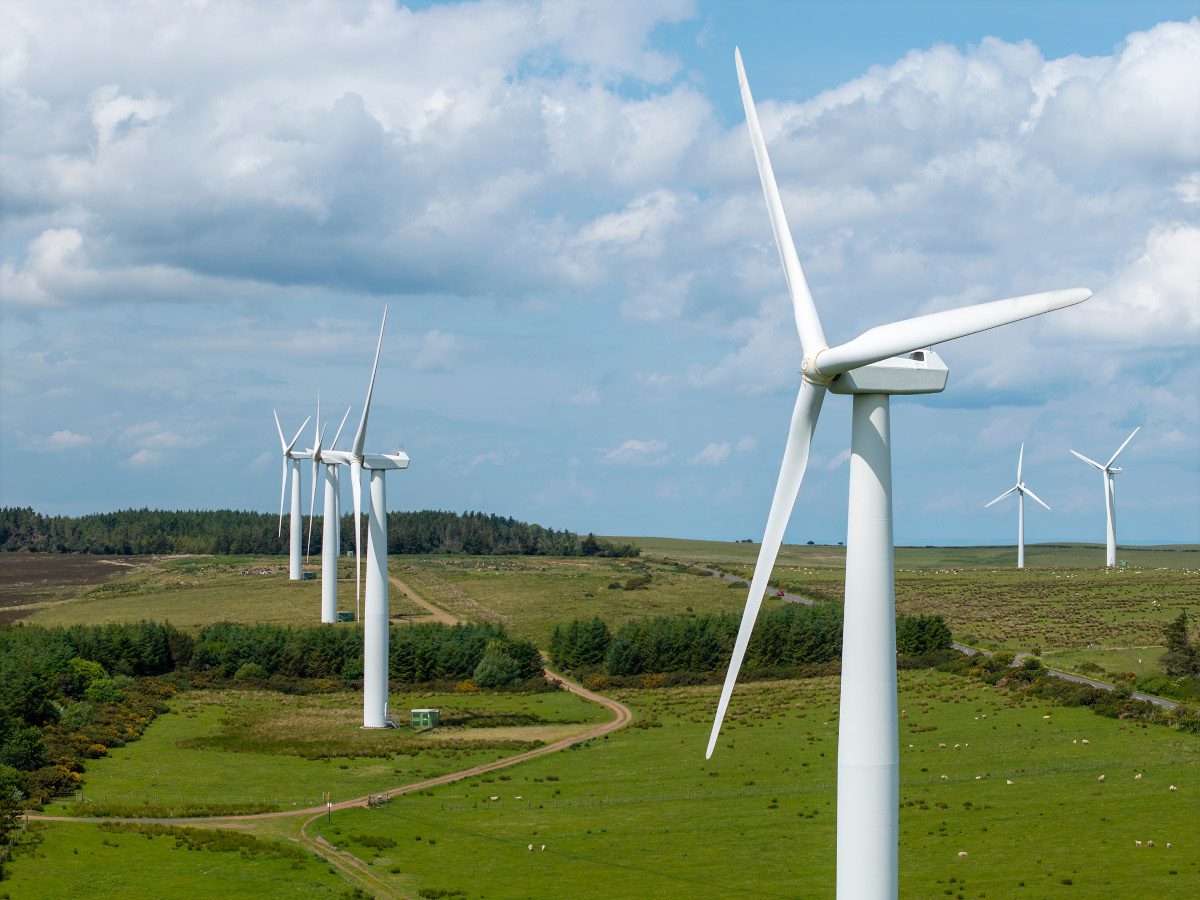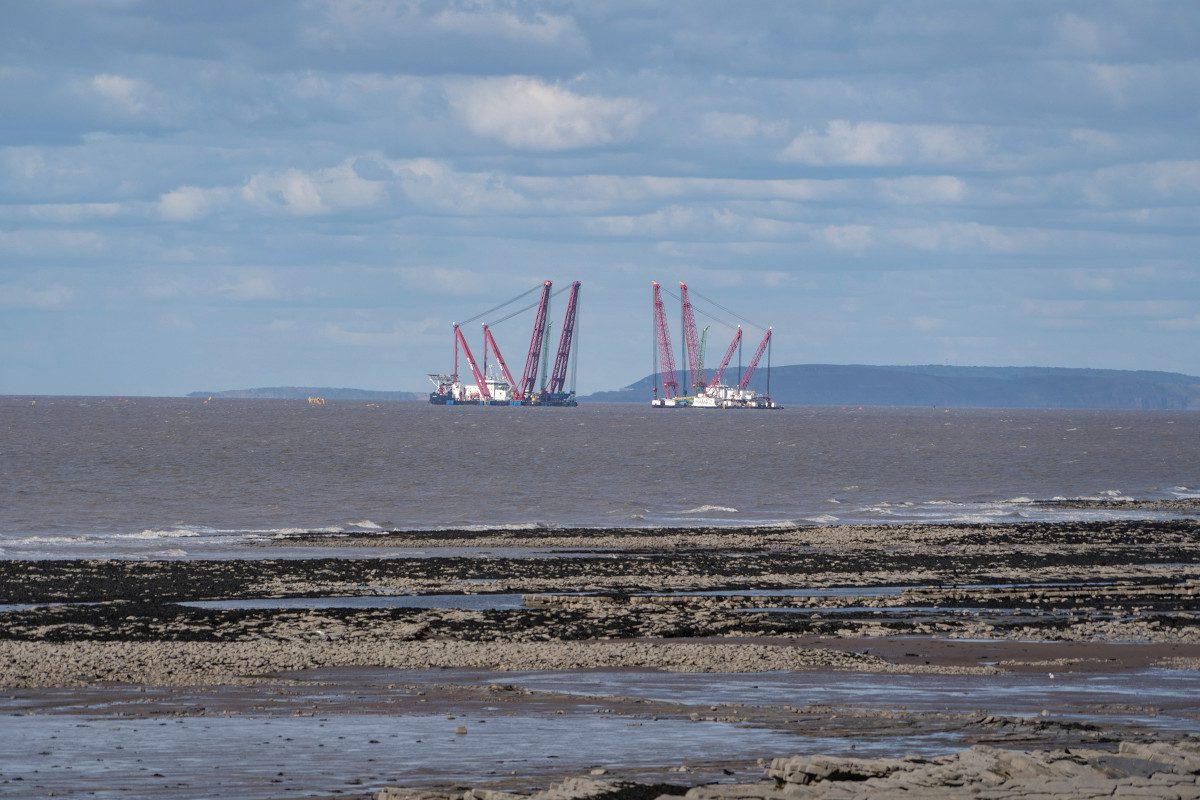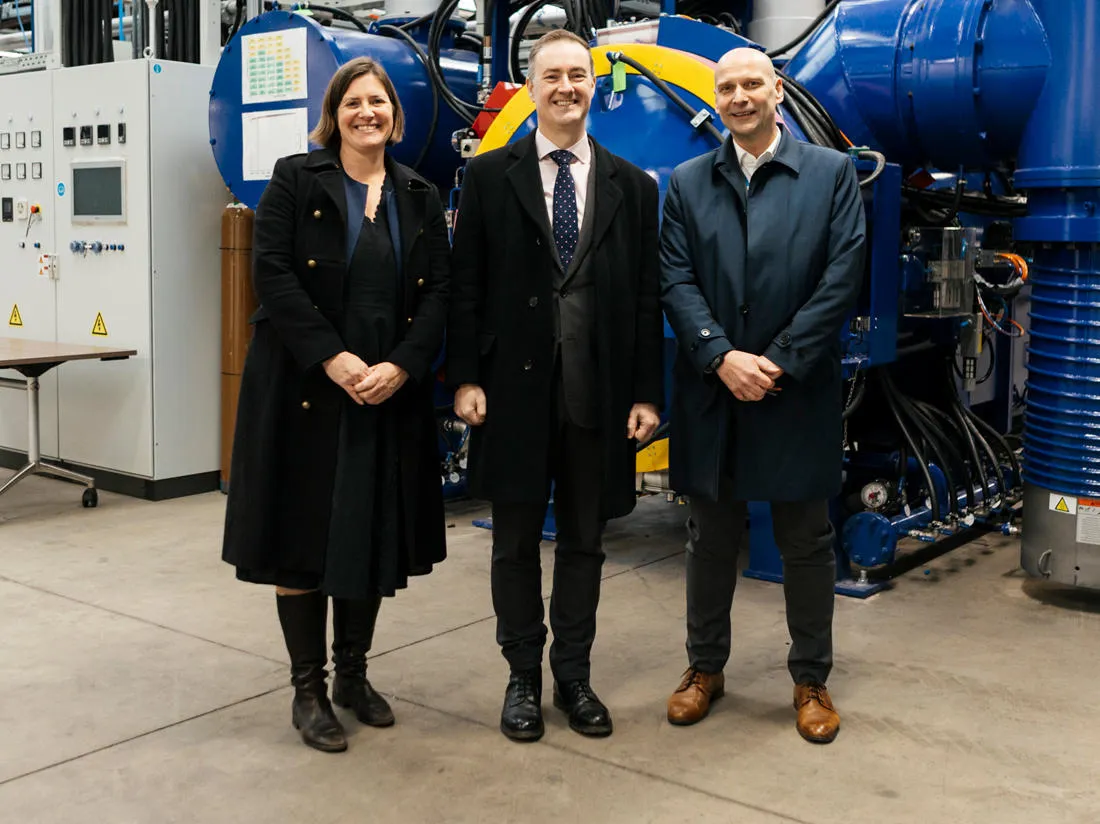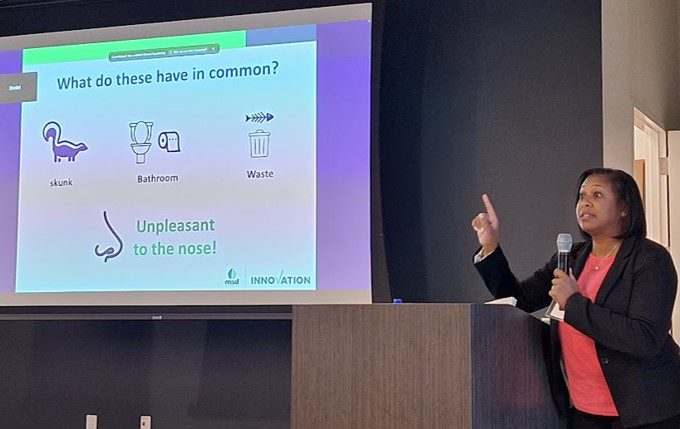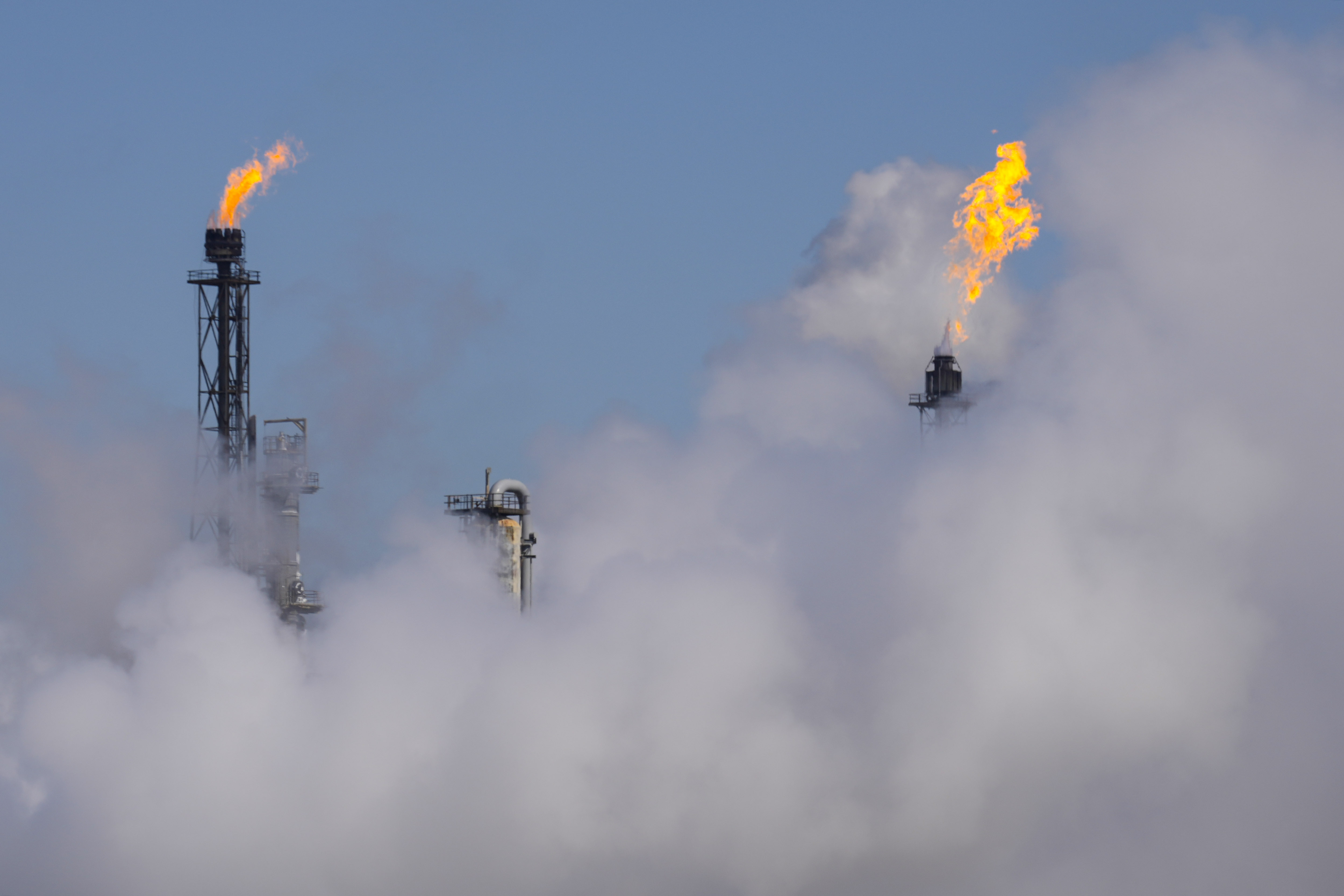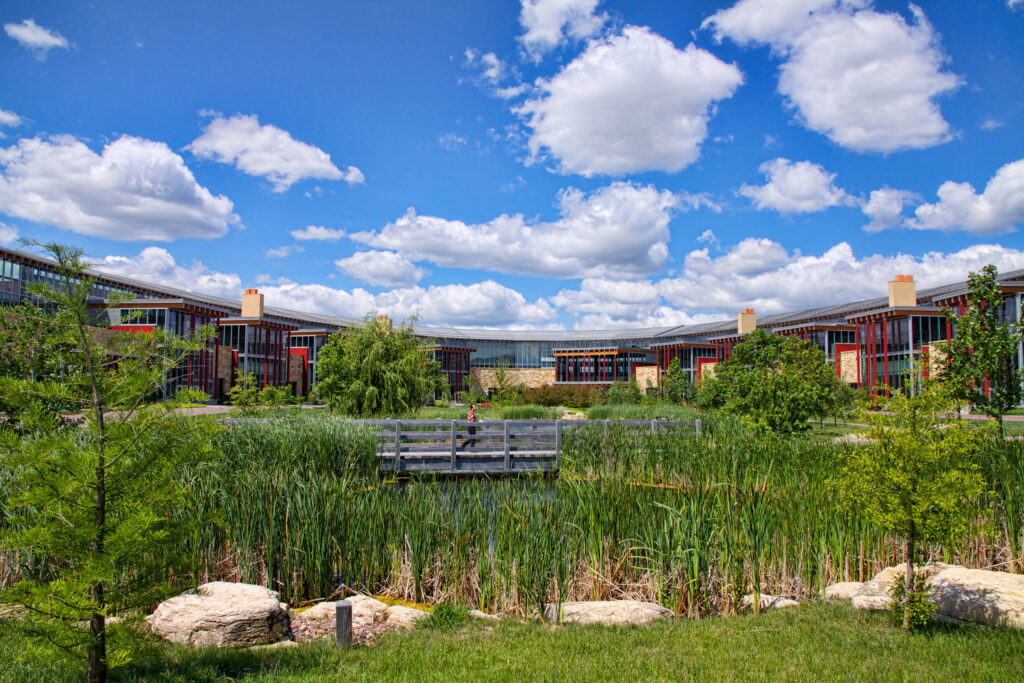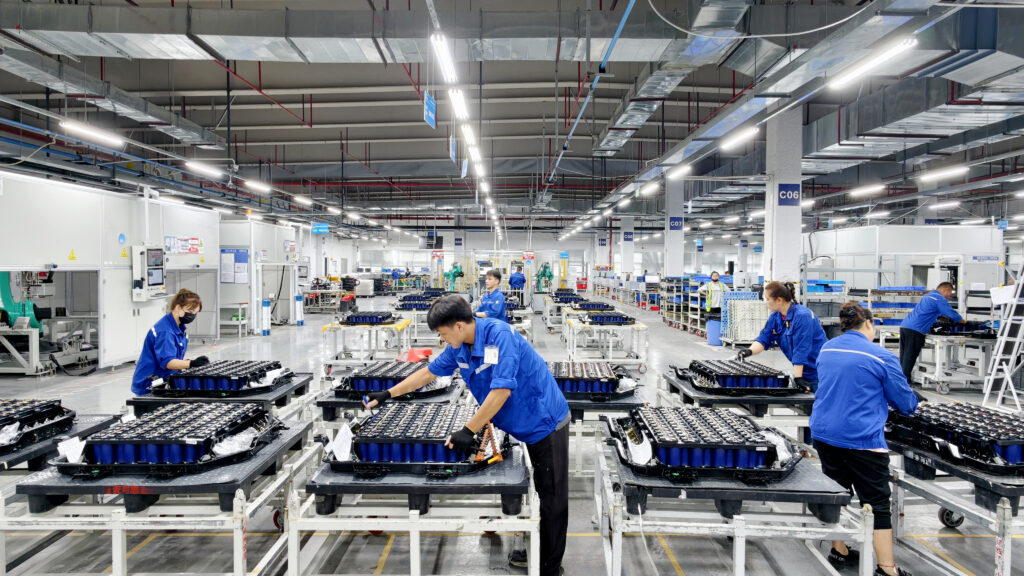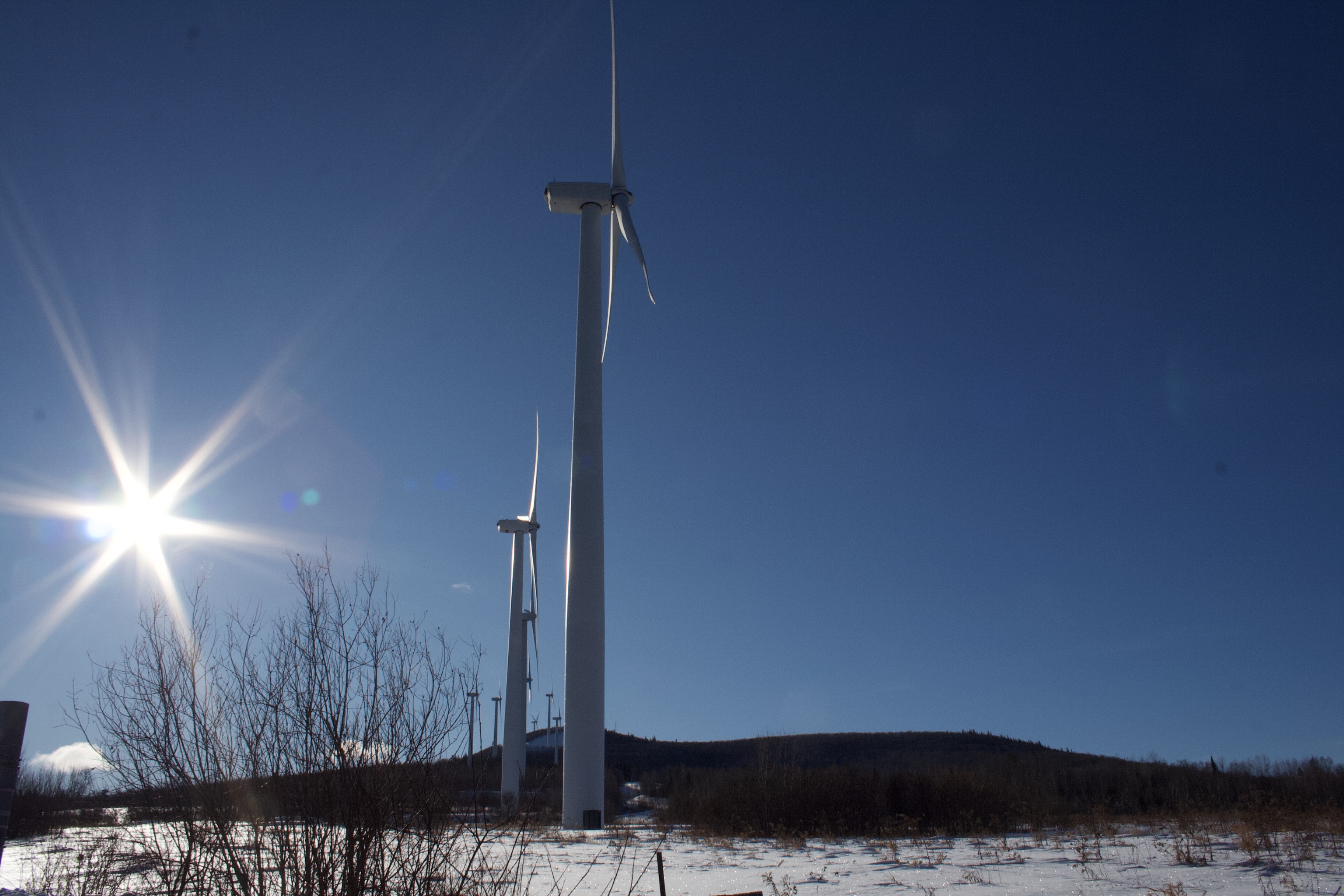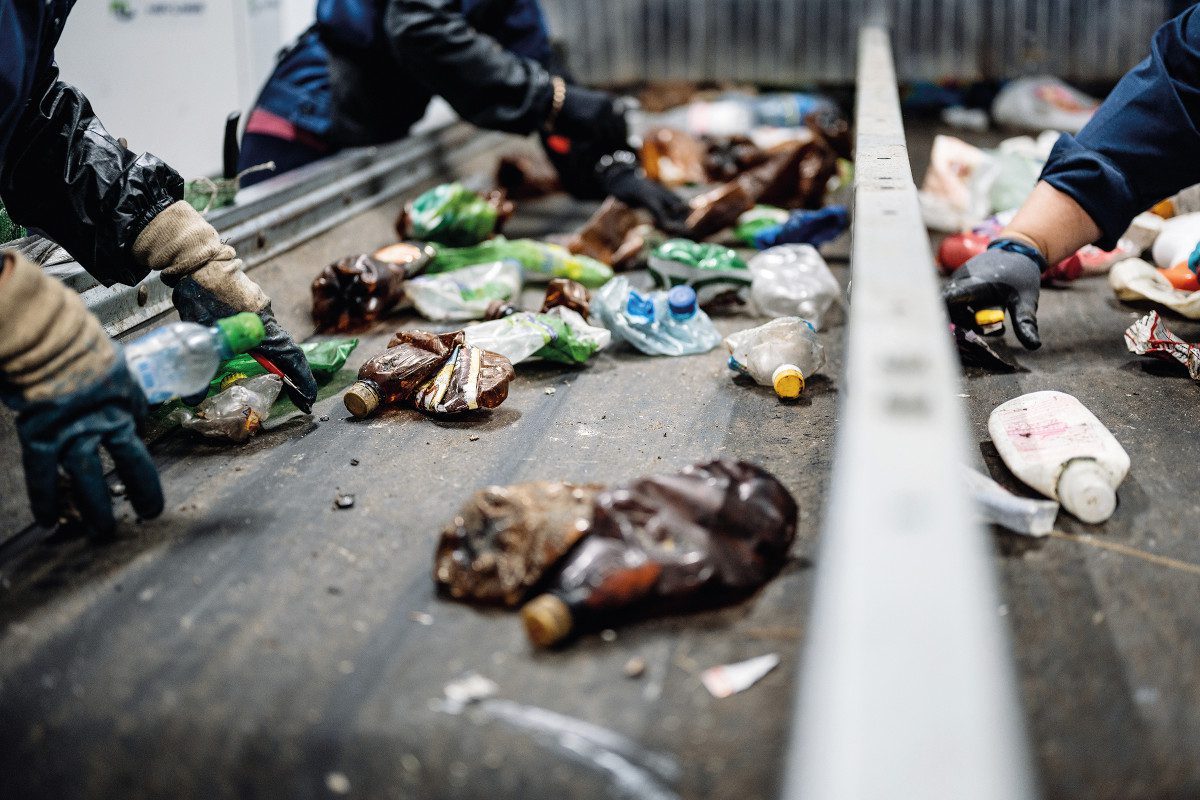
- Nine brand-owners, an independent test & research centre and two universities will bring expertise over 2 years to develop and test an artificial intelligence (AI) decision model1 that could help with the separating of packages that are currently not properly sorted such as food and non-food packaging.
- The consortium members will make use of an open innovation approach, preventing a potential technology lock-in.
- This AI decision model will be made available for wide use in sorting plants in Europe.
Addressing an urgent need to enhance packaging waste sorting in Europe, FMCG giant PepsiCo has announced a new project aiming to assess how technology – especially AI – can close some of the gaps. The project will be undertaken with other firms participating in the Perfect Sorting Consortium, announced on 31 March.
In 2019, more than 79 million tons of packaging waste is generated in Europe of which only 65 % is recycled. Among all materials, plastic packaging waste represents more than 15 million tons, and the associated recycling rate is only 41 %2.
Beyond the current practices of the industry on reduction, reuse of materials and ecodesign, there is thus a strong need to improve packaging circularity via better waste sorting. Current sorting techniques have limited performances as they are based on a few parameters such as the type of material, rigid or flexible properties, colour, etc. In addition, some packages are currently not efficiently separated which is the case for food vs. non-food packaging or flexible multi material packaging.
Over the past few years, several projects focusing on the development of disruptive technologies such as watermarks have been initiated, with the objective of enhancing packaging waste sorting in the EU. AI technologies applied to waste sorting are also in line with this approach and promising solutions that would not involve changes in packaging design.
A consortium to assess the opportunity of using AI for packaging waste sorting
National Test centre Circular Plastics (NL), Danone, Colgate-Palmolive, Ferrero, LVMH Recherche, Mars, Incorporated, Michelin, Nestlé, PepsiCo, Procter & Gamble, Ghent University (B) and Radboud University (NL) have launched the Perfect Sorting project with the aim of improving packaging waste sorting through the use of AI.
The unique feature of this project is its composition as nine brand-owners, an independent test & research center and two universities are part of the consortium. Together they combine a strong expertise in ecodesign, packaging waste sorting and recycling as well as AI programming.
NTCP will test a wide range of packaging products provided by the brand-owners using their own flexible and modular sorting line with industrial equipment. These assessments will be used to further develop the packaging sorting model of the University of Ghent. NTCP, together with the universities of Ghent and Radboud will develop an AI decision model to detect, identify and classify packaging beyond the current sorting streams. The consortium members also aim to involve different technology providers and waste management companies during the course of the project.
As key stakeholders of the value chain, the members consider it is their role to lead the way in co-developing this AI decision model and making it available to the market. The consortium members will also make use of an open innovation approach, preventing a potential technology lock-in.
AI as a tool with the high potential of improving packaging waste sorting and being scaled up in existing sorting facilities in Europe in the coming years
In the context of this pre-competitive R&D project, the consortium members aim to assess the opportunity of using an AI decision model to support packaging waste sorting, as a complement to existing technologies. Thanks to the detection and sorting of products based on multiple attributes such as colour, application, shape or material, an AI decision model could help increase packaging waste sorting and recycling rates as well as recyclates’ quality. As an example, food and non-food packaging could be properly separated. Consequently, recyclates produced from food packaging could meet the required specifications to be used again for food-grade applications.
At the end of the 2 year-project, the partners wish to successfully test the AI decision model in an industrial sorting plant. This solution could preferably be implemented in existing sorting technologies with minimal costs and complexity such that a swift entry into the market is possible. Indeed, the ultimate goal of the consortium is to make this AI decision model available to be widely used in sorting plants in Europe in the coming years.
Notes
[1] The project is not developing a sorting machine but a decision-making solution that can be implemented within an existing machine.
[2] Eurostat, Packaging waste statistics, October 2021



